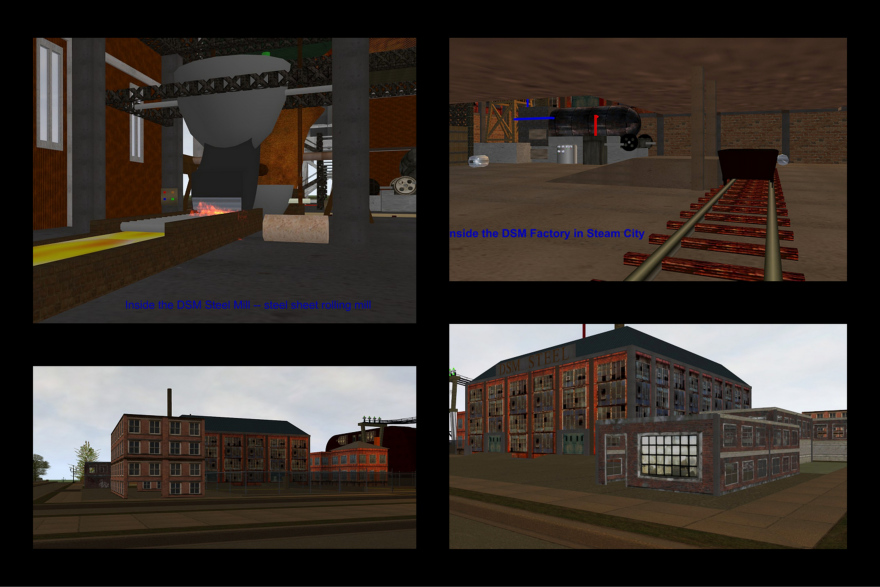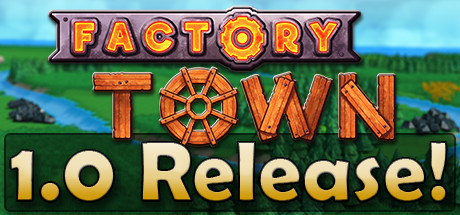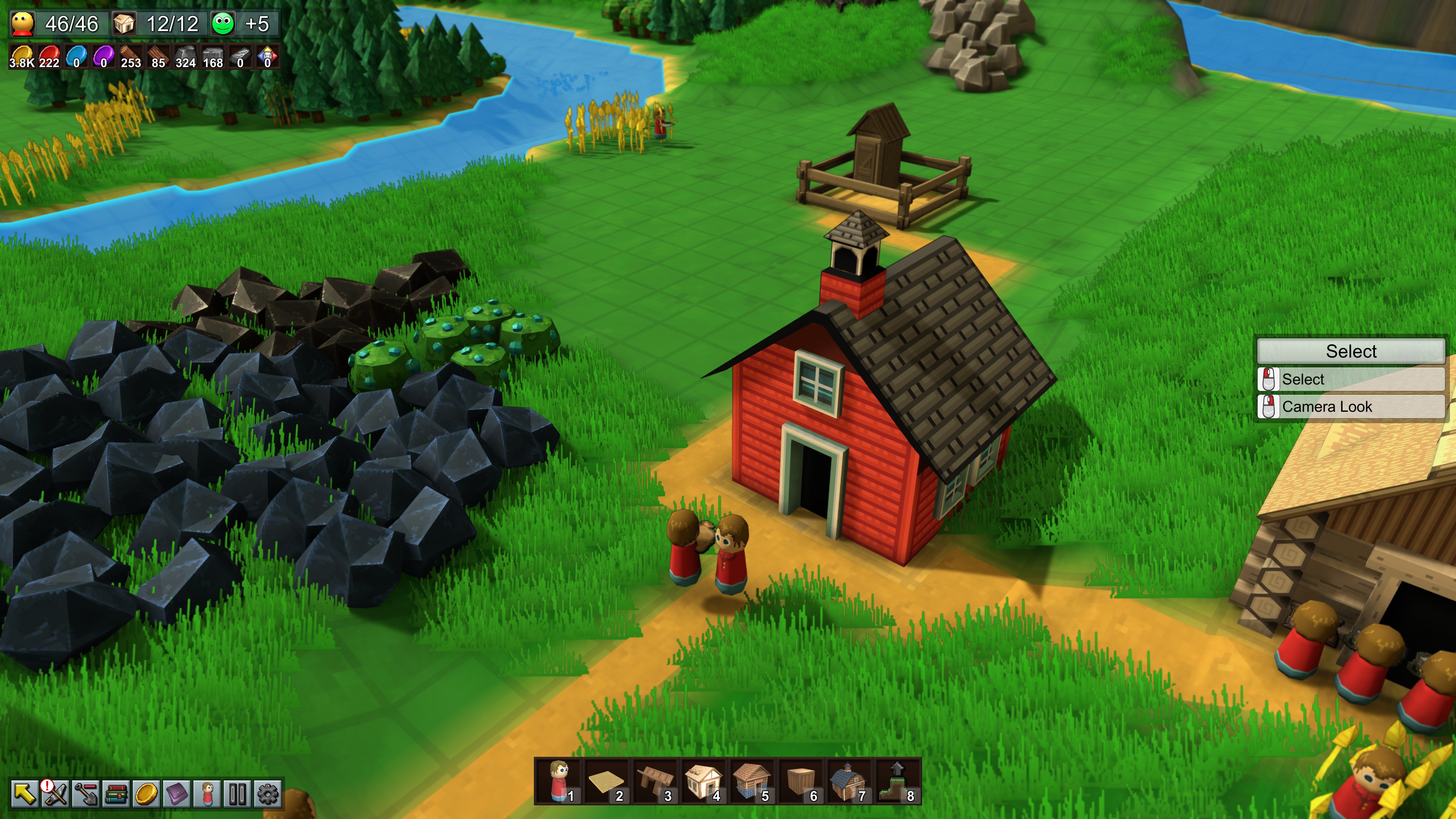

Fortunately these were readily available. The Industrial Revolution could not have started at all in Britain without plentiful supplies of coal and iron. It was only later that there was prosperity and a higher standard of living. England was the country where the Industrial Revolution began.Īt first the Industrial Revolution brought much misery to the people of Britain the conditions of work in the early mines and factories were appalling. It was not until the 18th century that scientific thought and experiment were applied to the needs of everyday life and trade and industry. Centuries earlier, the Greek scientists of Alexandria had made important dis cove rei es, but they did not apply them to producing more wealth or to saving man-power – possibly because there was plenty of slave labor at that time.
#Factory town steam power manual#
The railways completed the transport system.Īs scientific machines began to replace manual workers, so a new type of civilization began to appear. With the coming of the railways in the 19th century the navvies took on the task of making cuttings and building huge earth embankments. The itinerant navvies (short for navigators) dug the canals, at first largely by hand using picks, shovels, and wheelbarrows. Improvement of natural waterways and then the digging of hundreds of kilometers of canals (right) provided a transport network linking all the major industrial centers.

But neither machines nor products would have been any use without an efficient transport system. Iron foundries made everything from pots and pans to great iron beams and girders and, of course, the machines themselves. Shown here (left) are carding machines and spinning jennies. Textile mills produced cotton and woollen cloth and yarn to be exported throughout the world. Their steam-powered machinery demanded that men, women, and even children work for 72 hours a week, often in dangerous and unhealthy conditions. Mills often dominated the urban landscape. By 1851 in Britain, more people lived in towns and cities than in country areas. One of the products of this industrialization, and the one that probably most affected the way of life of the people, was the factory town. Based on coal and iron, and powered by steam, the world's first industrial society could by the mid-19th century claim to be the "workshop of the world" and stage a Great Exhibition of Trade and Industry at the Crystal Palace in London's Hyde Park in 1851.

Points are spent to unlock new Technologies.The Industrial Revolution began in Georgian and Victorian Britain. Star research points are gained at the Omni Temple. Unlike Markets, the School does not provide coins but instead grants Reasearch Points in either General, Industrial, Natural, Magical, or Elemental. The buildings that provide goods for the School store are the Labratory (Natural Knowedge 1, 2, and 3, and Industrial Knowledge 1, 2, and 3) Workshop (Books) Lumber Mill (Paper) and Enchanter (Enchanted Book) for Education.

These items are what the School will purchase. They have a list of items they will purchase to supply the houses. The School does not make items like production buildings.


 0 kommentar(er)
0 kommentar(er)
